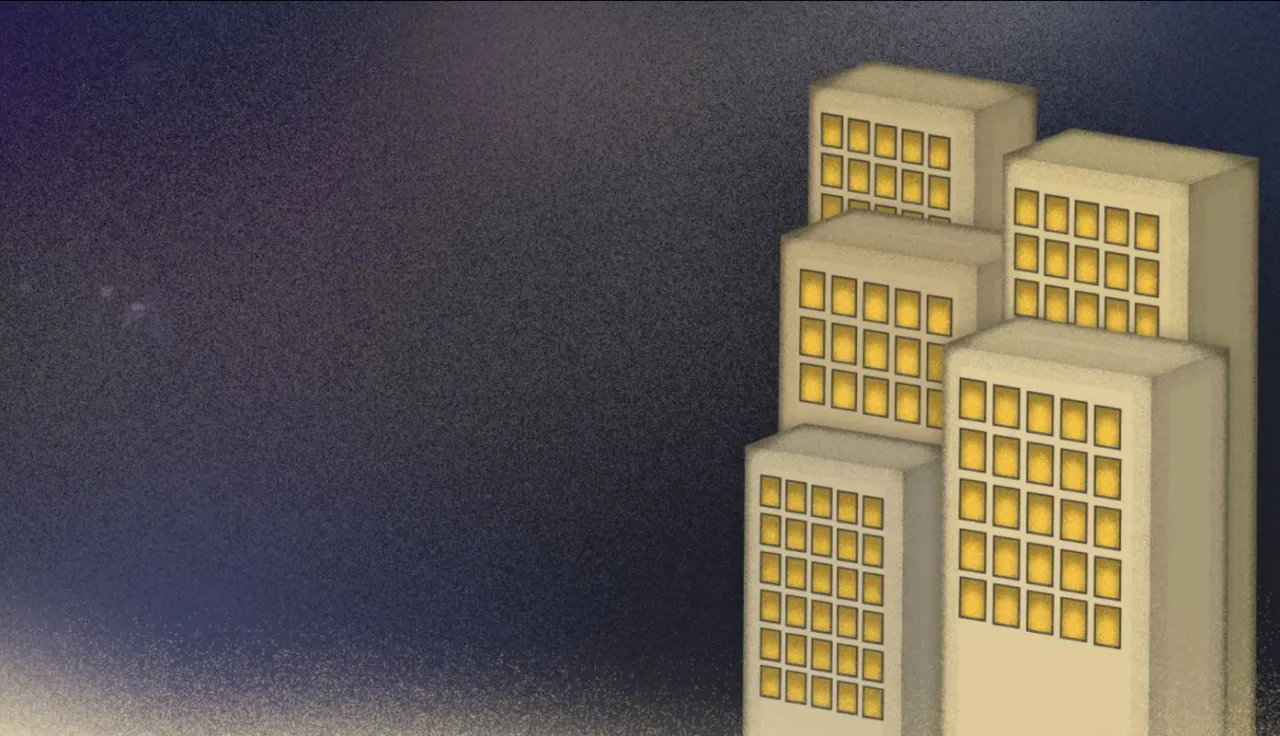Gaza is powerless
People in Gaza only have 10-12 hours of interrupted power supply a day, affecting all walks of life.
Electricity is not the only unreliable service in Gaza. It is a foundation on which other services depend, such as water supply, water treatment, and health services.
All these systems are interconnected, and when one fails, life is disrupted in other related aspects as well. The latest escalation has further damaged water, wastewater, and electricity networks, making it extremely hard for Gazans to lead a normal life.
On top of the daily challenges, the lack of electricity profoundly impacts people's health and mental wellbeing. 80% of the population in Gaza rely on humanitarian aid and have to spend most of their time without electricity.
The Gaza Resilience Program ensures that hostilities do not prevent people's access to critical and essential services such as continued functioning of hospital electricity, reduced interruption of water supply, and minimizing electricity waste through improved management of electricity distribution.
People in Gaza only have 10-12 hours of interrupted power supply a day, affecting all walks of life.
Electricity is not the only unreliable service in Gaza. It is a foundation on which other services depend, such as water supply, water treatment, and health services.
All these systems are interconnected, and when one fails, life is disrupted in other related aspects as well. The latest escalation has further damaged water, wastewater, and electricity networks, making it extremely hard for Gazans to lead a normal life.
On top of the daily challenges, the lack of electricity profoundly impacts people's health and mental wellbeing. 80% of the population in Gaza rely on humanitarian aid and have to spend most of their time without electricity.
The Gaza Resilience Program ensures that hostilities do not prevent people's access to critical and essential services such as continued functioning of hospital electricity, reduced interruption of water supply, and minimizing electricity waste through improved management of electricity distribution.

Frequently Asked Questions
-
We take great care to keep your credit card information confidential. We use Saferpay, an online payment system that ensures optimum security. To prevent fraud, your data are automatically encrypted before being sent to the card issuer, who then processes the payment. The padlock symbol in your web browser shows that you are in secure mode.
-
If you pay tax in Switzerland, you may be able to deduct donations to the ICRC from your taxable income. The yearly minimum and the amount deductible can vary from canton to canton. If you pay tax in another country, please reach out to your country's tax authorities to know if your donation is eligible for a tax deduction.
In the United States, the ICRC is tax-exempt under section 501(c)(3) of the Internal Revenue Code with EIN 98-6001029. Donations to the ICRC are tax-deductible as allowable by U.S. law.
The ICRC is an international organization based in Switzerland. If you pay tax in another country, please reach out to your country's tax authorities to know if your donation is eligible for a tax deduction -
Yes, if you would like to take a break from giving regularly, please contact us with your request.
-
Use the information below to make a donation by bank transfer.
Beneficiary: Comité international de la Croix-Rouge (CICR)
Swiss clearing code: 240 (for payments from Switzerland)
Swift code (BIC): UBSWCH ZH80A (for payments from other countries)
Bank address:
UBS SA
PO Box 2600
1211 Geneva 2
SwitzerlandPlease choose the account that matches your currency.
Account No. Currency IBAN 240-FP100883.2 CHF CH97 0024 0240 FP10 0883 2 240-C0129986.4 USD CH52 0024 0240 C012 9986 4 240-C0129986.5 EUR CH25 0024 0240 C012 9986 5 240-C0183929.1 GBP CH73 0024 0240 C018 3929 1 240-FP100362.6 CAD CH09 0024 0240 FP10 0362 6 240-FP100362.4 AUD CH63 0024 0240 FP10 0362 4 240-FP100362.5 SEK CH36 0024 0240 FP10 0362 5 240-FP100362.7 DKK CH79 0024 0240 FP10 0362 7 240-FP100362.8 JPY CH52 0024 0240 FP10 0362 8 240-FP100362.9 NOK CH25 0024 0240 FP10 0362 9
